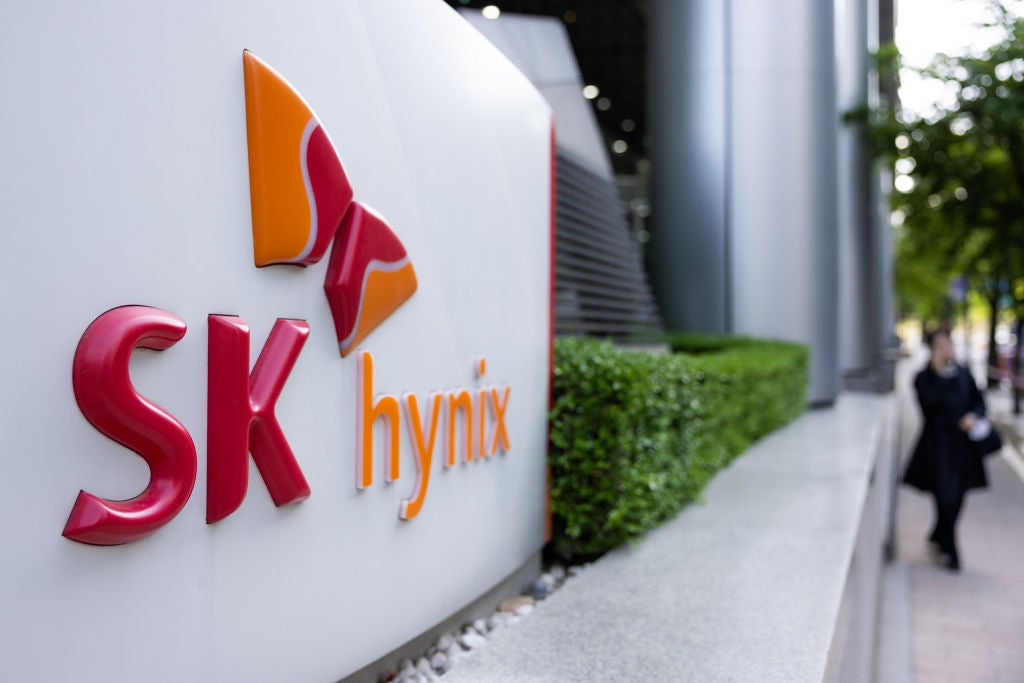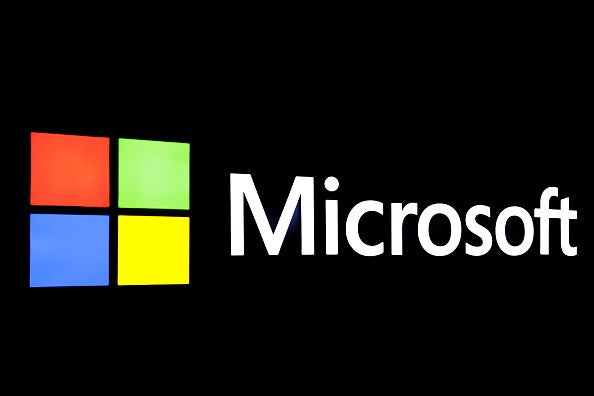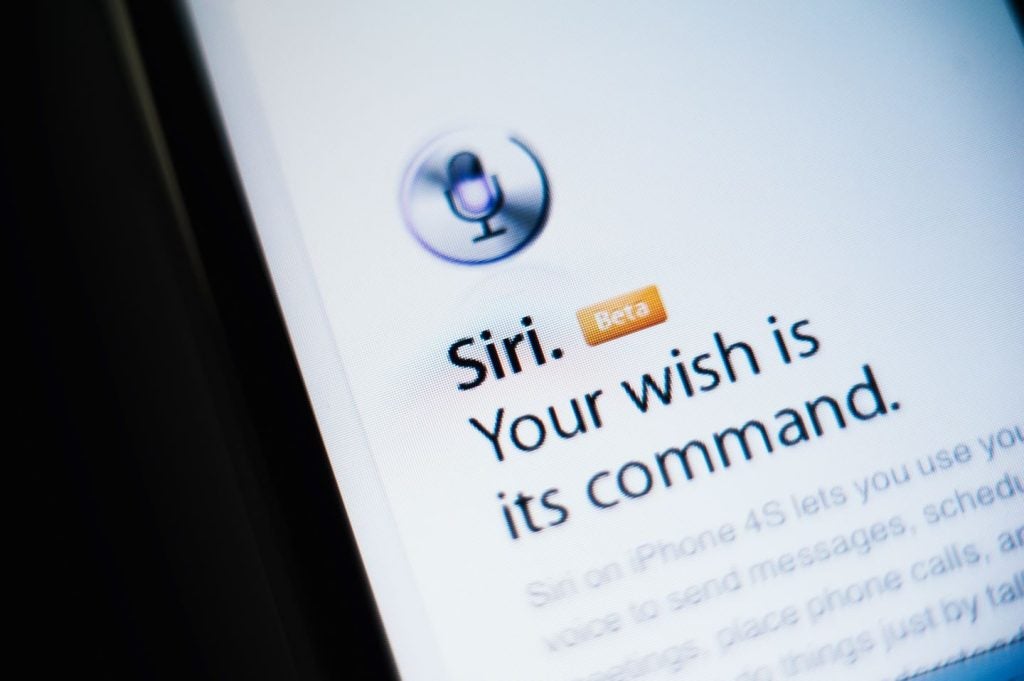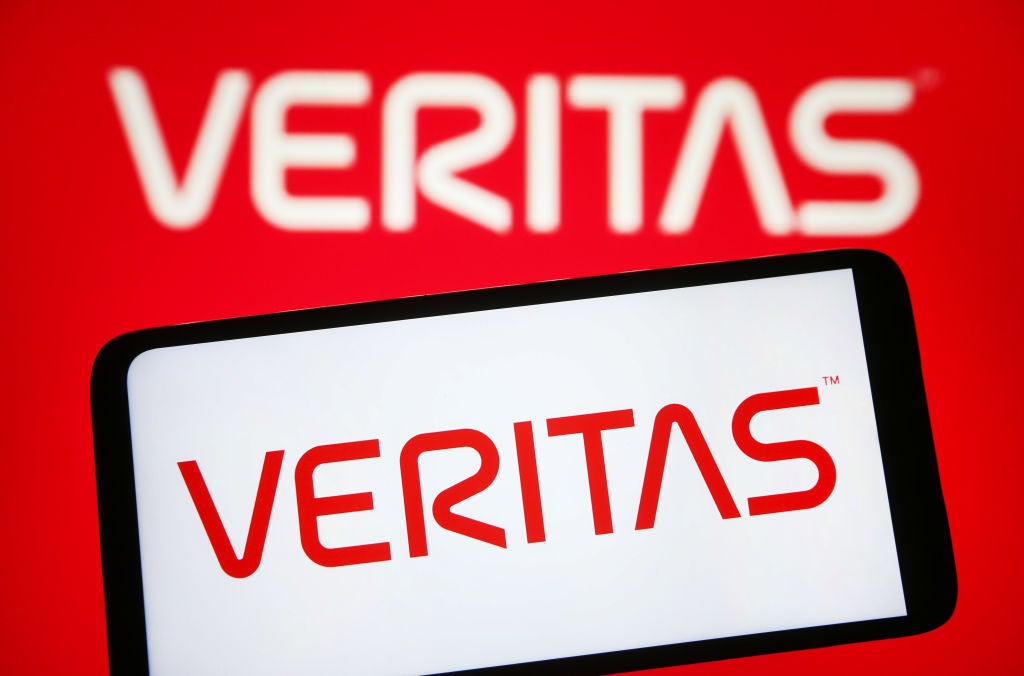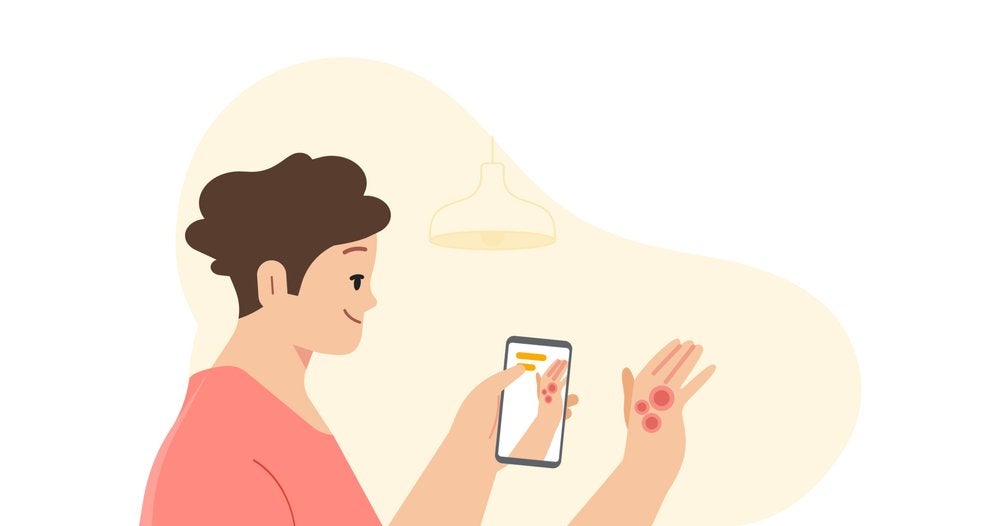
Google has unveiled a tool that uses artificial intelligence (AI) to help detect skin, hair and nail conditions based on images uploaded by users. The company presented the new project at its annual developer conference, Google IO. While being hailed as a major development in AI-driven healthcare, the tech also raises concerns about data privacy.
According to Google, the “AI-powered dermatology assist tool is a web-based application” that aims to “make it easier to figure out what might be going on with your skin.”
The tool prompts users to take three images of the affected skin, hair, or nail area from different angles. The app then asks several questions about the individual’s skin type, how long the issue has persisted and whether other symptoms have occurred.
Subsequently, the given data is run through an algorithm that cross-references the information with a database containing 288 conditions to provide a list of possible matching diseases. “For each matching condition, the tool will show dermatologist-reviewed information and answer the commonly asked questions, along with similar matching images from the web,” Google explained.
The launch follows three years of development at the company, which has long viewed healthcare as a market ripe for disruption by advanced AI.
The Mountain View, California-based company opted to target dermatology first with its AI-driven healthcare tools because of the large number of people affected by skin conditions. Roughly 10bn Google searches are done each year related to skin, nail and hair issues, and studies have shown that people only diagnose themselves correctly 13 per cent of the time, the search giant said.
How well do you really know your competitors?
Access the most comprehensive Company Profiles on the market, powered by GlobalData. Save hours of research. Gain competitive edge.

Thank you!
Your download email will arrive shortly
Not ready to buy yet? Download a free sample
We are confident about the unique quality of our Company Profiles. However, we want you to make the most beneficial decision for your business, so we offer a free sample that you can download by submitting the below form
By GlobalDataGoogle specifically pointed out that the tool was not intended to provide a diagnosis nor be a substitute for medical advice. “Rather we hope it gives you access to authoritative information so you can make a more informed decision about your next step,” the company emphasised.
However, concerns have been raised over data privacy, as the Derm Assist tool requires users to upload sensitive personal data.
In response, Google said it would not use uploaded images to target advertising and would only save images in order to further train the tool’s algorithm if users give their explicit consent to do so.
The Derm Assist tool received a CE mark as a Class I medical device in the EU. It is not available in the United States.
According to GlobalData’s thematic research, AI will become a key driver of healthcare innovation. Analysts forecast that the market for AI platforms for the entire healthcare industry will reach $4.3bn by 2024, up from $1.5bn in 2019. This will be driven by the use of AI by healthcare providers and players, which is forecast to reach $2.9bn by 2024.
The Covid-19 pandemic has accelerated this development; Verdict recently reported that AI strengthened the response during the global health crisis.
What else happened at the conference?
Google also revealed updates across many of its services during IO, including Maps, Photos and operating systems. The company also upped the ante in its smartwatch development in an endeavour to compete with Apple’s smartwatch.
The company said its smartwatch operating system, Wear OS, would be featured in its newly acquired Fitbit unit and in Samsung’s Galaxy Watch 4, both of which have used their own systems for years.



